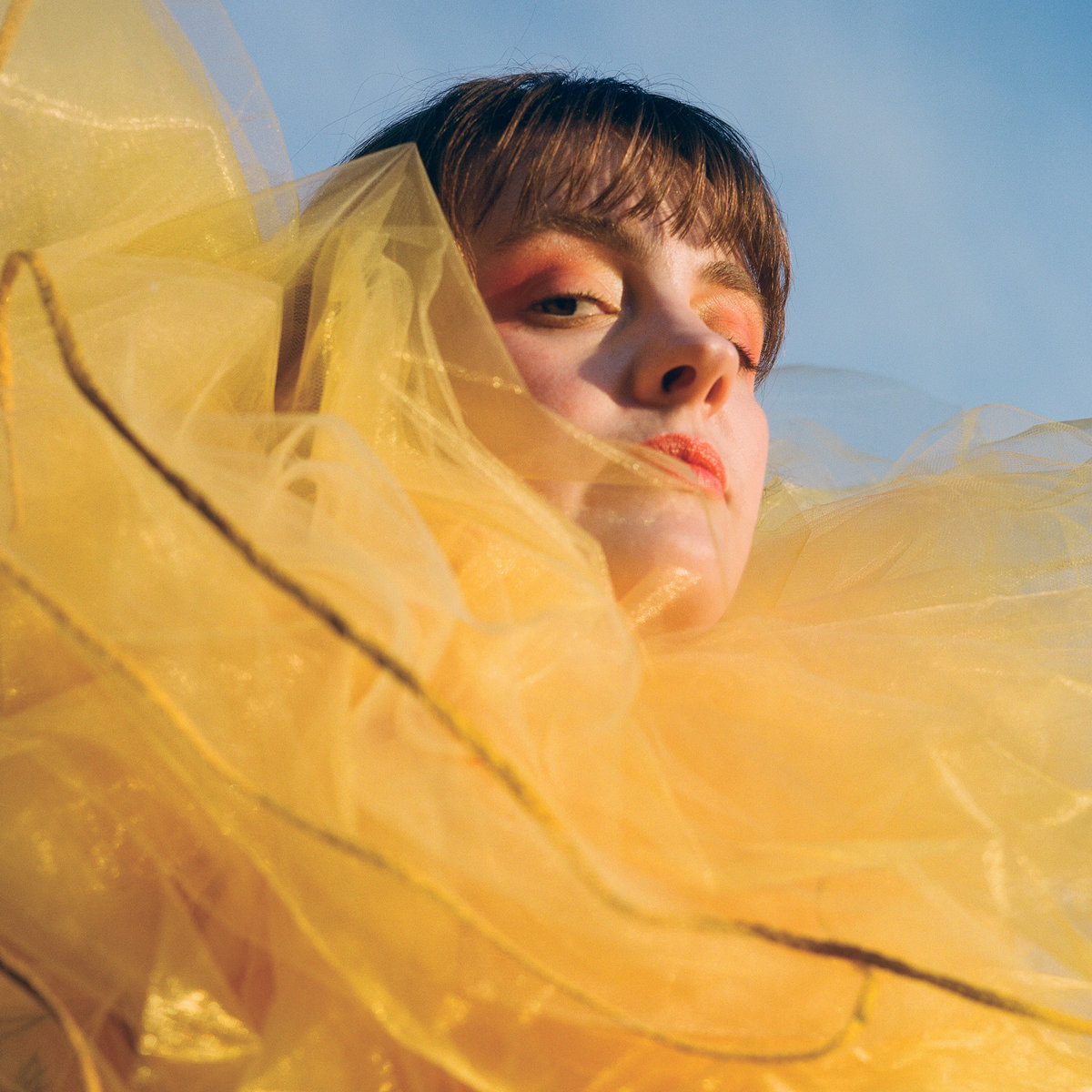Madeline Kenney
A New Reality Mind
CARPARK
Wielding soothing, jazz-infused pop melodies as scaffolding, Madeline Kenney’s latest album A New Reality Mind is a delightful and intricate stream-of-conscious examination of the self. What happens when someone projects an identity onto themselves or others that’s not in tune with reality? What function do these fantasy projections hold? These are just a few of the questions that arise when listening to Kenney’s tales of self-discovery.
Since 2016, the Oakland-based artist has turned heads with her unique style of lyricism, lushly arpeggiated synth loops, and off-kilter melodies. A New Reality Mind is a continuation of her past output, albeit in a more refined iteration. “Intro,” the first and only instrumental track on the album, possesses a beautiful yet muffled melancholy quality emanating from its distorted yet ebullient synths. The song’s distinct combination of notes and textures begin to broadcast Kenney’s mixed emotions—sadness, frustration, yearning, hope—which are conveyed lyrically in subsequent tracks. She invites us into her internal world with this intro, like a title card introducing a film.
Soon after, “Superficial Conversation” clues us in to the source of her frustration. Kenney has explained that the track was her way of looking back at the ways she “shrunk [herself] or ignored [her] needs in favor of the needs and desires of others.” In the song, she finds herself in an unpleasant social dynamic she doesn’t want to be in, realizing she’s never wanted to be there. More epiphanies arise as her off-the-cuff lyrics progress. She’s like a locksmith slowly cracking a combination as her insights bring her to certain crossroads where she must make an authentic choice, free from the chains of her past: “I don’t need your supervision anymore,” she sings at one point, later noting, “Only a child believes everything stays the same.”
“I Drew a Line,” the record’s highlight, has this Mixolydian feel, a sound that’s not quite major but not dark enough to feel minor. A sense of uncertainty looms here, but at the same time vivacity emanates from its major-sounding notes, hinting that there might be something good on the horizon. This moment feels like the threshold of A New Reality Mind—a point of no return. The song crescendos into a beautiful sax solo and ends with Kenney prophesying: “I had a vision I would die.” Is this her realizing she must shed her former self and her old patterns, or is she doomed? Whatever the case may be, change is rarely easy.







